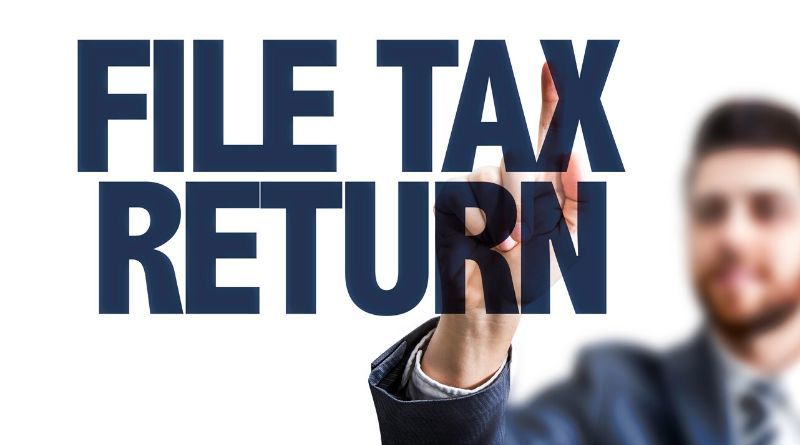Disguised Remuneration Schemes
Also known as Contractor Loan Schemes and Employee Benefit Trusts
Following a
well-publicised and ongoing campaign by HMRC to pursue taxpayers who have
previously used or who are using schemes it believes have been designed to
avoid tax, the countdown to the April 2019 Loan Charge is on.
Although the
taxman has stated that they are aware that many participants in these schemes
were unaware that they were avoiding tax or that they had been forced into
participation in the schemes by an agency, potentially life-changing back
charges for tax deemed to have been avoided must be paid by over 100,000 people
in just three months’ time.
The April 2019
Loan Charge is targeting taxpayers who took part in certain loan arrangements,
sometimes called “disguised remuneration” schemes or employee benefit trusts.
In this article, Forths examines the history behind the Loan Charge and what
you can do about it.
Employee benefit trusts – what are they?
Employment
Benefit Trusts (EBTs) typically pay their members in tax-free loans which are
never repaid by the loanee. Payments via EBTs are made instead of payment by
salary.
Until the Finance
(No 2) At of 2017, HMRC generally did not pursue those operating such schemes
or benefiting from them because, to all intents and purposes, the practice was,
for want of a better word, “legal”. The Act of Parliament changed that, giving
the taxman the authority to charge tax on the members of such schemes right
back until the tax year 1999/2000.
Most tax
professionals argue that it is beyond dispute that many participants were
motivated solely by their desire to avoid paying tax. However, accountants and
other business professionals, arguing the case for their clients, insist that
many were actively mislead by the providers of the schemes and the marketing
agencies they used to promote the schemes.
As a result of
the Loan Charge, all outstanding loans will now be classified as earnings.
Charges of up to 60% may be payable on those loans consisting of income tax and
both the Employer and Employee versions of National Insurance.
HMRC will be able
to send new tax demands on any disguised remuneration loans made since the
1999/2000 tax year including umbrella company loans.
The amount you
pay will be based on the total of all unrepaid loans as if it was applied onto
your personal tax account on the 5th April 2019. In most costs, the
income tax and NIC payments will be collected through the PAYE system from the
employer who arranged or agreed to participate in the disguised remuneration
scheme. This employer must report and account for the loan liability via the
RTI (Real Time Information) system with large sanctions available to HMRC if
they fail to do so.
If the payment
can not be collected from the Employer, HMRC will approach the individual
themselves for payment.
If HMRC cannot
collect the money it believes it is owed from the Employer who ran the scheme
and they approach you, there are two choices:
•pay the charge
•attempt
a voluntary settlement of any income tax owed with HMRC before the 5th
April 2019.
HMRC have
recently stated that people earning less than £50,000 a year can get a
repayment plan of up to 5 years (assuming you’re no longer in a loan scheme)
automatically. If you need longer than five years to make repayment in full,
each case will be considered on its own merits and your individual
circumstances.
Our team can liaise
with HMRC on your behalf to ensure that the amount of unpaid tax you need to
repay is accurately reflected and to agree the way in which repayment can be
made.
Can I take action against the agency which sold me
onto the scheme?
Yes, but it’s complicated and may be costly. You should
seek legal advice prior to taking any action.
Voluntary Settlement
As mentioned
above, HMRC will only be prepared to offer you any assistance on repayment for
certain if you are no longer using these schemes. If you are still in one but
want to get out, they will consider it.
Our experienced
team have assisted many individuals in bringing their tax affairs up to date
following their use of disguised remuneration schemes.
We can discuss
your circumstances with you and explain the best way to take matters forward.
We will liaise with HMRC on your behalf and guide you through the process from
start to finish.
Contact Forths
Tax
If you need assistance in bringing your tax affairs up to
date, talk to our team on 0808 169 9090, email enquiries@forthstax.co.uk
or fill
out an Enquiry Form


